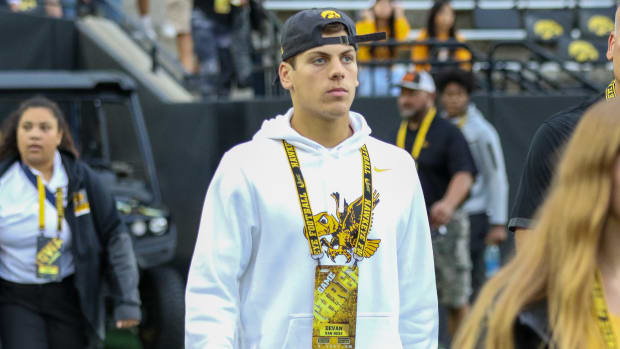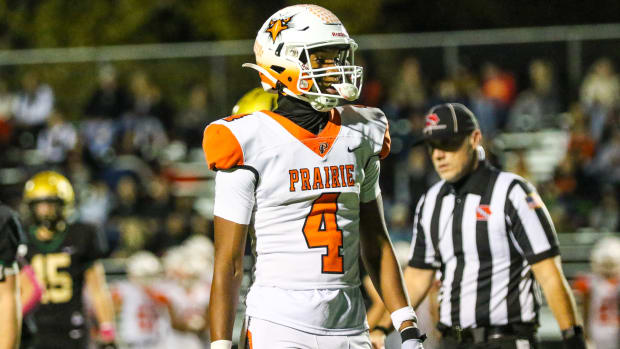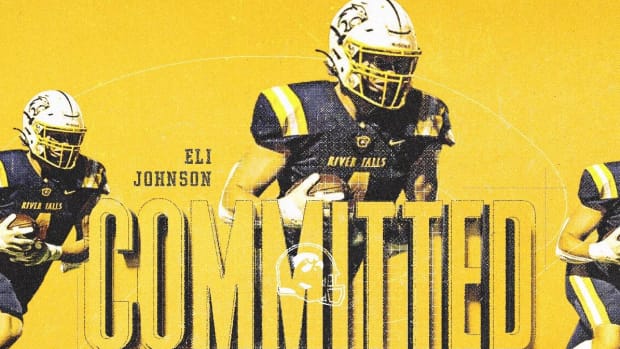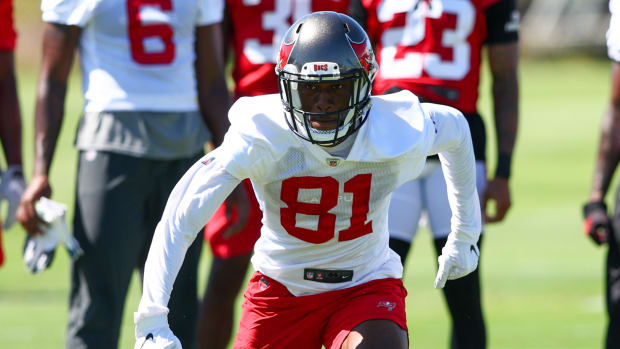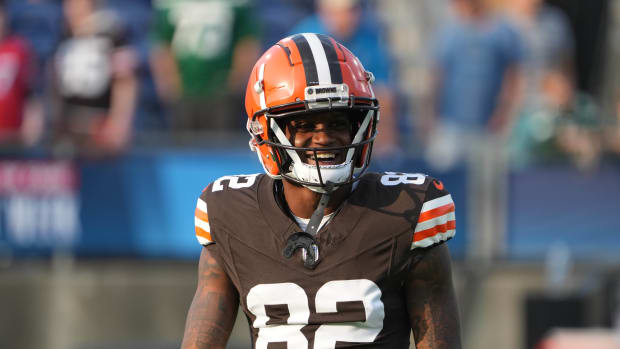Elliott Led Hawkeyes Through An Era Of Success And Growth
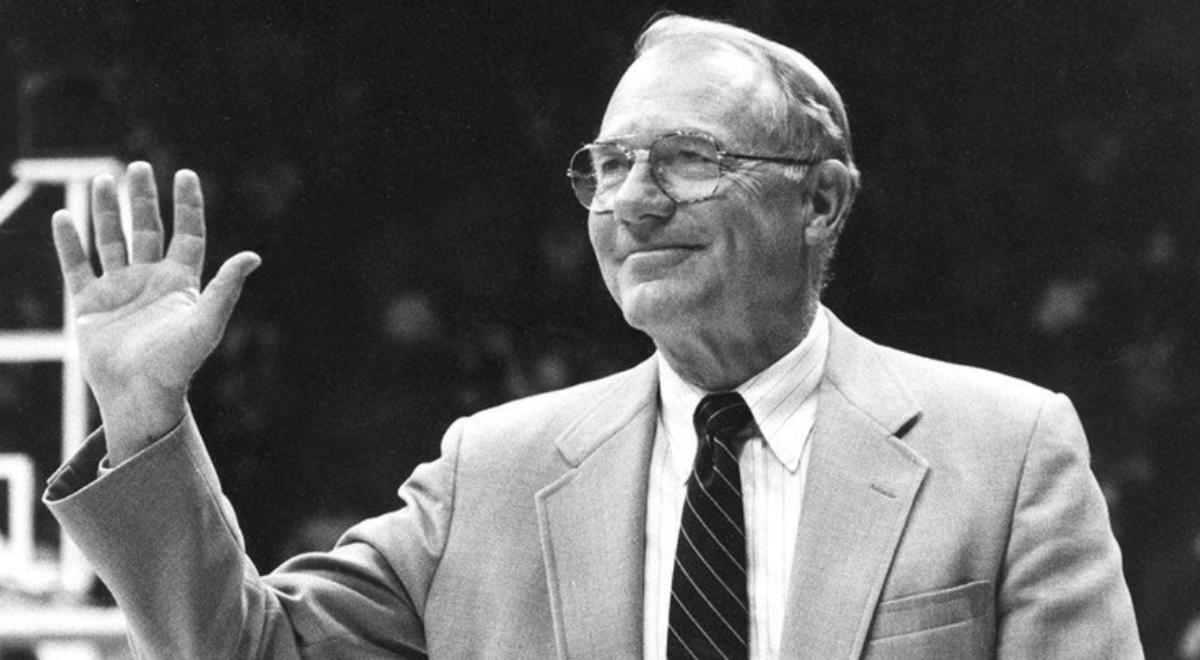
The impact that Chalmers "Bump" Elliott had at Iowa during his 21 years as athletics director could be found in the coaches he hired.
He took a chance when he hired Hayden Fry, and all Fry did was leave as Iowa's winningest football coach when he retired.
He hired Lute Olson, who took the men's basketball team to the Final Four.
He hired Dan Gable, who built Iowa's wrestling dynasty.
And, after Olson left for Arizona, Elliott hired Tom Davis, who became Iowa's winningest men's basketball coach.
Elliott died on Saturday at 94, leaving behind a legacy of success and growth at Iowa.
During Elliott's time as AD, Iowa's men's teams won 29 Big Ten Conference titles in six sports — wrestling, football, basketball, swimming, gymnastics, baseball. That included 11 NCAA wrestling championships, three Rose Bowl appearances, a Final Four in basketball, and a College World Series in baseball. Both football (1985 season) and basketball (1986-87 season) had teams ranked No. 1 nationally. The Hawkeyes went to 10 bowl games and 11 NCAA men's basketball tournaments during the Elliott era.
Carver-Hawkeye Arena was built during Elliott's tenure — the street east the arena is named Elliott Drive. Iowa also built its first indoor football facility during Elliott's time, and Kinnick Stadium was expanded and renovated.
"Bump's footprint will forever shine on Iowa athletics," Iowa athletics director Gary Barta said in a statement. "His leadership for more than two decades continues to be evident in any success enjoyed by our teams, coaches, and programs. Bump was far ahead of his time as a student-athlete, football coach, as the leader of Iowa athletics, and as a mentor and friend to all who knew him."
"I have the highest regard and respect for him and the entire Elliott family," Iowa football coach Kirk Ferentz said. "His leadership and vision helped shape the culture and competitiveness of athletics at the University of Iowa. It's safe to say that Hawkeye athletics would not be where they are today without Bump Elliott."
"Bump was a difference-maker in my life and the lives of many others," Gable said in a statement. "I felt lucky to be under a guy who knew very well what he was doing in terms of his business. At first, he didn't make any promises, but he said, 'You do well, and I will do well for you,' and he honored that. Even though it could have, it never got old for him to see Iowa wrestling win, and that is one of the reasons for our success, because the guy at the top of the department continued to be excited. As much as some people talk, he actually lived his talk."
Elliott, a native of Bloomington, Illinois, played football, basketball and baseball at the University of Michigan from 1946-48. He also played parts of two seasons (1943-44) as a Marine trainee at Purdue.
Elliott was an All-American halfback at Michigan and was named the Big Ten's Most Valuable Player in 1947.
After starting his 21-year football coaching career as an assistant at Michigan in 1948, Elliott left for Oregon State a year later. He came to Iowa for the first time as an assistant to head coach Forest Evashevski in 1952. His time at Iowa included the Hawkeyes' 1956 Big Ten title and Rose Bowl win over Oregon State.
Elliott left to coach at Michigan, and was named the head coach at his alma mater two years later. His 51-42-2 record over 10 seasons included a victory in the 1964 Rose Bowl.
“Bump Elliott was one of the great gentlemen in the history of the game," former Michigan coach Lloyd Carr said in a statement. "He was one of the legendary players that represented the U-of-M as a player and coach. He was a beloved figure who was admired and respected by all who knew him."
Elliott became Iowa's athletics director on July 1, 1970, and held the position until his retirement on Aug. 1, 1991. He is a member of the National College Football Hall of Fame, the National Association of Collegiate Directors of Athletics Hall of Fame, and the Rose Bowl Hall of Fame.

